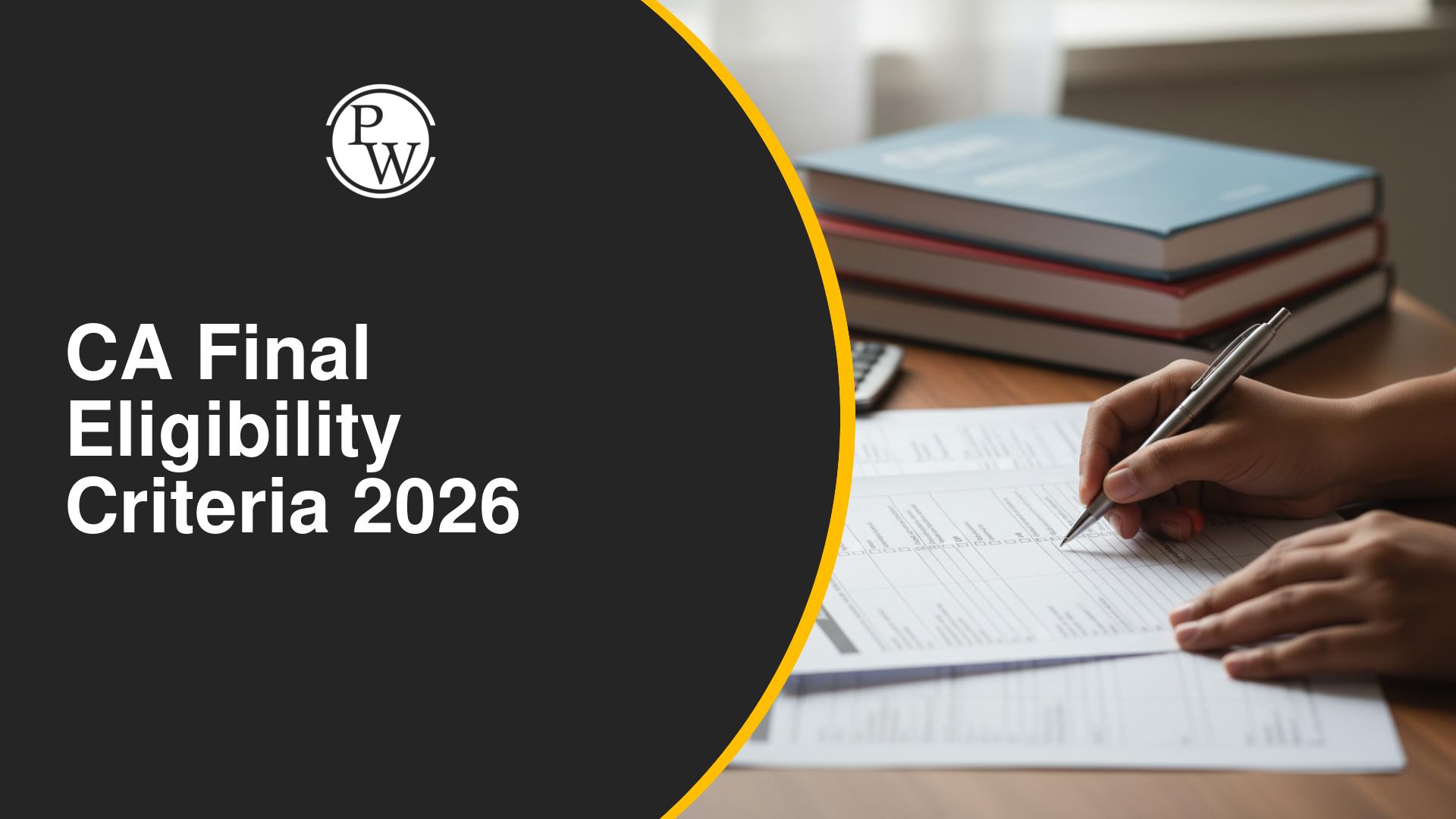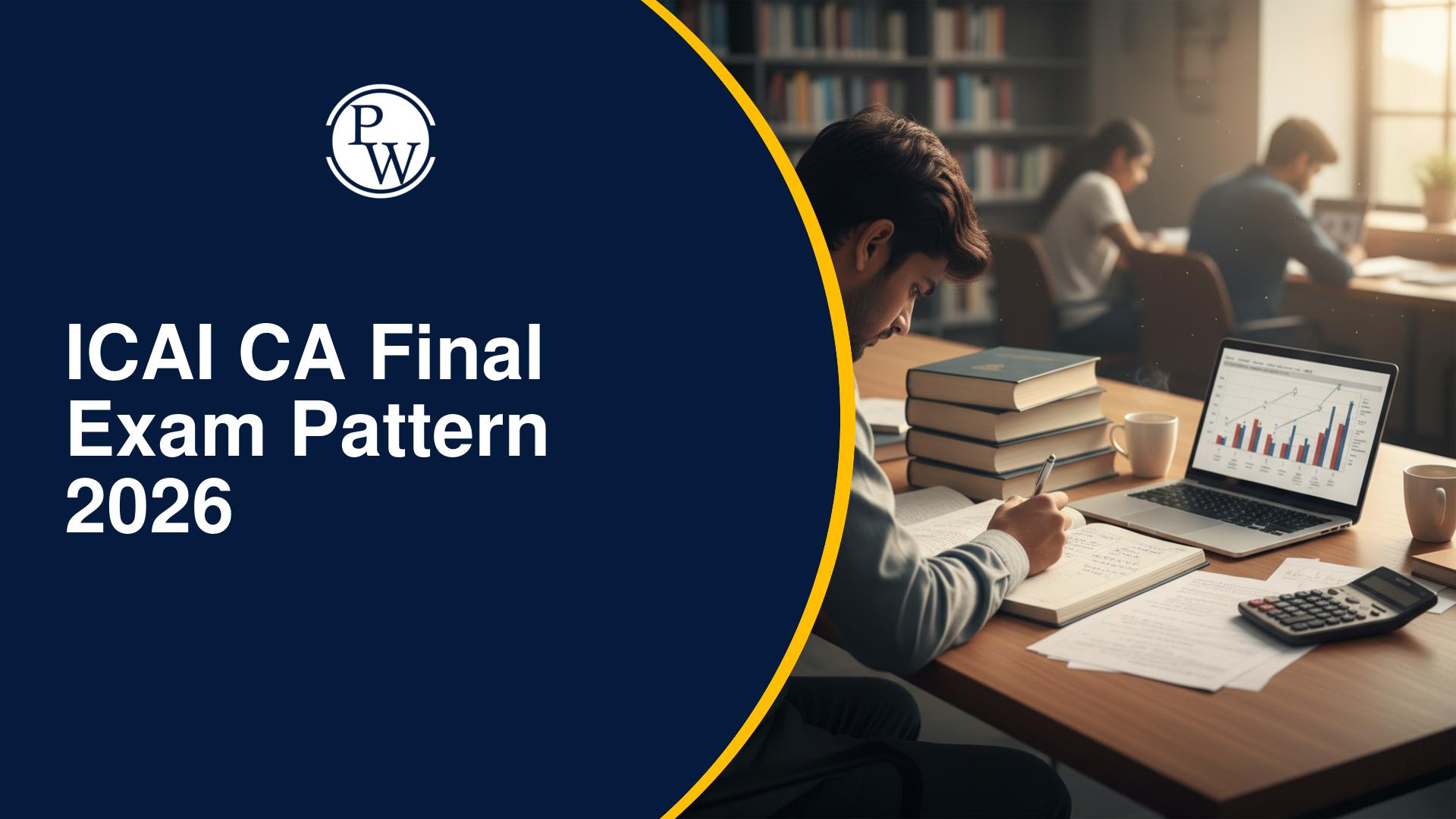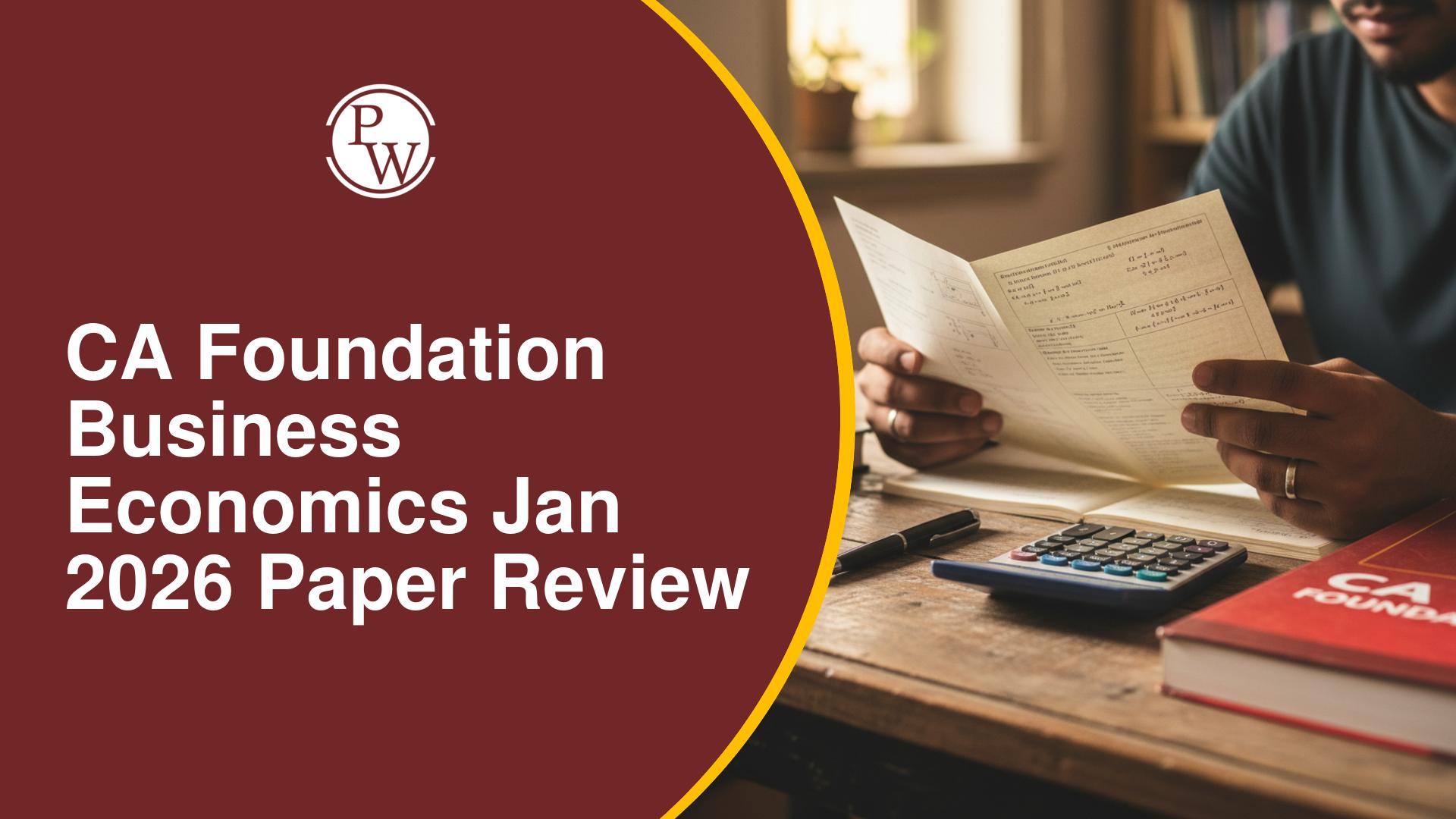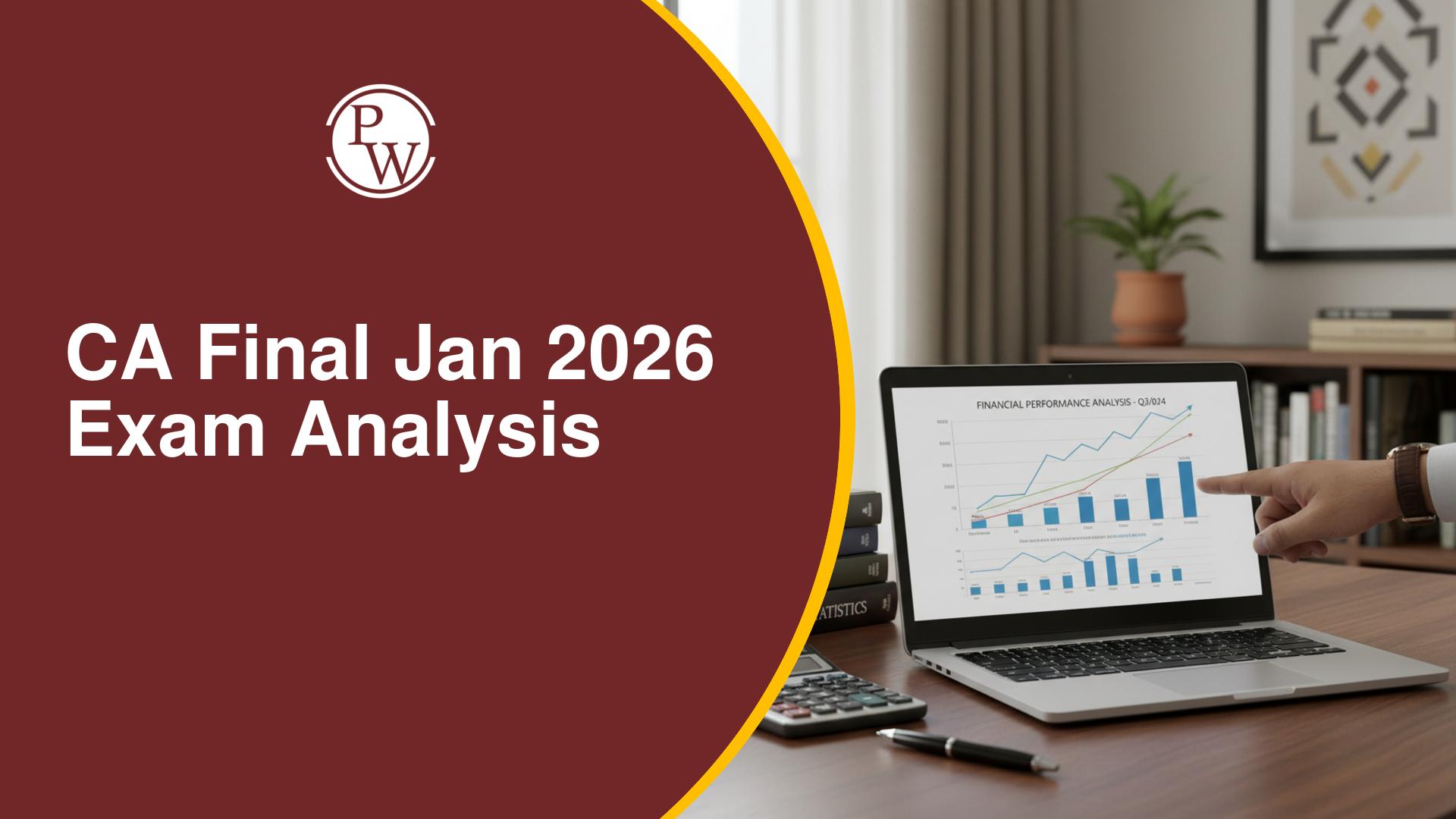
In accounting, there are three main branches: Financial, Cost, and Management Accounting. Each serves a distinct purpose. Financial accounting is used both publicly and privately, whereas cost and management accounting are specifically for internal use.
In this article, learn more about the difference between Financial, Cost, and Management Accounting.What Is Financial Accounting?
Financial accounting is a crucial branch of accounting focused on recording, summarizing, and reporting business transactions over a specific period. These transactions are then compiled into financial statements. This process adheres to Generally Accepted Accounting Principles (GAAP) for preparing accurate financial documents.Types of Financial Accounting
Financial accounting includes two primary methods: accrual and cash accounting, which are sometimes used together for comprehensive financial reporting.Accrual Method:
The accrual method records revenue when it's earned, not when payment is received. This approach aligns with the matching principle, ensuring expenses and revenues are recognized in the same accounting period. It provides a clear view of a company's financial performance over time, helping businesses assess profitability.Cash Method:
Cash accounting records revenue when payments are received and expenses when payments are made. It's favored by small businesses for its simplicity. However, organizations following GAAP guidelines typically use the accrual method for accurate financial reporting.What is Management Accounting?
Management accounting involves preparing financial statements and reports specifically for business managers. These documents help managers improve decision-making on business performance. Key tasks in management accounting include planning, forecasting, and organizing operations.Types of Management Accounting
There are seven types of managerial accounting:1. Cash Flow Analysis
Cash flow analysis examines how cash impacts business decisions. By using effective working capital management strategies, businesses can optimize their cash flow to ensure they have enough liquid assets to cover short-term obligations.2. Inventory Turnover Analysis
This analysis helps managerial accountants determine the costs associated with storing unsold inventory. By addressing excess inventory, businesses can reduce storage costs and free up cash for other productive uses. Inventory turnover helps in making better manufacturing, pricing, and marketing decisions.3. Product Costing
Product costing calculates the total cost to produce goods or services, including variable, fixed, direct, and indirect costs. Cost accounting helps identify these costs, and overhead is assigned to products to determine total production expenses.4. Accounts Receivable (AR) Management
Accounts receivable refers to payments due from customers when a company extends credit. Proper AR management positively impacts the bottom line by identifying credit risks and deciding whether to continue offering credit to certain customers.5. Financial Leverage Metrics
Financial leverage involves using borrowed capital to acquire assets and boost ROI. By analyzing the balance sheet, accountants assess equity and debt to optimize leverage. Performance measures provide insights into borrowed capital.6. Budgeting
Budgeting involves using performance reports to compare actual results against budgets. The budget-to-actual variance highlights deviations, allowing businesses to make necessary adjustments for future planning.7. Constraint Analysis
Constraint analysis reviews bottlenecks within the sales process and production line. Identifying these constraints helps businesses understand their impact on cash flow, profit, and revenue, leading to improved processes and increased efficiency.What is Cost Accounting?
Cost accounting calculates the total production costs in detail. Accountants evaluate input costs like fixed and variable expenses throughout the production process. Each cost is measured and recorded individually, then compared against outputs. This analysis aids in assessing financial performance and guiding business decisions effectively.Types of Cost Accounting
There are four types of cost accounting methods:1. Activity-Based Costing (ABC)
Activity-Based Costing (ABC ) allocates overhead costs to specific cost objects based on related activities, such as setting up machinery or distributing finished goods. This method accurately reviews the cost and profitability of a company’s products and services.2. Lean Accounting
Lean accounting improves financial management by applying lean manufacturing principles, which focus on minimizing waste to increase productivity. This method can replace traditional costing with value-based pricing, enhancing efficiency.3. Marginal Costing
Marginal costing, also known as cost-volume-profit analysis, evaluates the impact of different cost and volume levels on operating profit. It helps businesses determine breakeven points for various sales volumes and cost structures, aiding in short-term economic decision-making.4. Standard Costing
Standard costing assigns standard costs to inventory and Cost of Goods Sold (COGS) based on efficient use of materials and labor under standard operating conditions. Companies compare actual costs to standard costs to manage expenses effectively.Difference Between Financial, Cost and Management Accounting
Financial accounting involves creating financial statements and reports for external stakeholders. In contrast, management accounting focuses on internal organizational needs. Cost accounting, a subset of management accounting, helps companies plan and manage their costs. Now, let's explore other factors that distinguish these three branches of accounting .| Difference Between Financial, Cost and Management Accounting | |||
|---|---|---|---|
| Aspect | Financial Accounting | Cost Accounting | Management Accounting |
| Purpose | To provide financial information to external parties | To ascertain the cost of production/services | To assist management in decision-making and planning |
| Primary Users | External users like investors, creditors, regulators | Internal management | Internal management |
| Reports Generated | Financial statements (Balance Sheet, Income Statement) | Cost sheets, cost reports | Budget reports, performance reports |
| Regulatory Requirements | Must adhere to GAAP/IFRS | No mandatory external reporting requirements | No mandatory external reporting requirements |
| Focus | Overall financial performance and position | Detailed cost information | Internal business performance and future planning |
| Time Orientation | Historical data | Historical and current data | Future projections and historical data |
| Frequency of Reports | Typically quarterly or annually | As required, often monthly | As required, often monthly or more frequently |
| Measurement Units | Monetary units | Both monetary and non-monetary units | Monetary units |
| Detail Level | High-level summary | Detailed breakdown of costs | Detailed, tailored to management needs |
| Standards and Conventions | Strict adherence to accounting standards | Guided by costing principles but more flexible | Flexible, depends on management needs |
| Information Type | Financial information only | Financial and non-financial cost information | Financial and non-financial information |
| Examples of Uses | Investment decisions, regulatory compliance | Cost control, product pricing | Strategic planning, performance evaluation |
| Also Check | |
| Auditors Responsibilities and Liabilities | Internal Audit Function Effectiveness |
| Types of Audit | Performance Audit |
| Cost Concept In Accounting and Economics | Credit Management and Control |
Financial, Cost and Management Accounting FAQs
What is the main purpose of financial accounting?
Financial accounting provides information to external stakeholders about a company's financial performance.
How does cost accounting benefit businesses?
Cost accounting helps in managing and controlling costs, aiding in better decision-making.
Who uses management accounting reports?
Management accounting reports are used by internal managers to analyze business performance.
What are the types of cost accounting methods?
Types include Activity-Based Costing, Lean Accounting, Marginal Costing, and Standard Costing.
Why is management accounting crucial for businesses?
It assists in planning, forecasting, and optimizing operational efficiency within organizations.
Talk to a counsellorHave doubts? Our support team will be happy to assist you!

Free Learning Resources
PW Books
Notes (Class 10-12)
PW Study Materials
Notes (Class 6-9)
Ncert Solutions
Govt Exams
Class 6th to 12th Online Courses
Govt Job Exams Courses
UPSC Coaching
Defence Exam Coaching
Gate Exam Coaching
Other Exams
Know about Physics Wallah
Physics Wallah is an Indian edtech platform that provides accessible & comprehensive learning experiences to students from Class 6th to postgraduate level. We also provide extensive NCERT solutions, sample paper, NEET, JEE Mains, BITSAT previous year papers & more such resources to students. Physics Wallah also caters to over 3.5 million registered students and over 78 lakh+ Youtube subscribers with 4.8 rating on its app.
We Stand Out because
We provide students with intensive courses with India’s qualified & experienced faculties & mentors. PW strives to make the learning experience comprehensive and accessible for students of all sections of society. We believe in empowering every single student who couldn't dream of a good career in engineering and medical field earlier.
Our Key Focus Areas
Physics Wallah's main focus is to make the learning experience as economical as possible for all students. With our affordable courses like Lakshya, Udaan and Arjuna and many others, we have been able to provide a platform for lakhs of aspirants. From providing Chemistry, Maths, Physics formula to giving e-books of eminent authors like RD Sharma, RS Aggarwal and Lakhmir Singh, PW focuses on every single student's need for preparation.
What Makes Us Different
Physics Wallah strives to develop a comprehensive pedagogical structure for students, where they get a state-of-the-art learning experience with study material and resources. Apart from catering students preparing for JEE Mains and NEET, PW also provides study material for each state board like Uttar Pradesh, Bihar, and others
Copyright © 2026 Physicswallah Limited All rights reserved.









